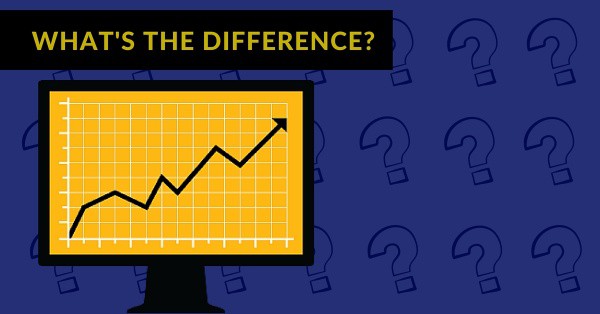If you are like many small business owners, somewhere between the cups of cold coffee and the anxious feeling surrounding your financial paperwork you’ve finally made the decision you need to hire help. Knowing which professional you need to hire may be less clear.
It’s a common question, and the right answer depends on what kinds of roles need to be filled in your business. Here we will explore three options: CPAs, Bookkeepers, and Accountants. Although some duties may overlap, these three roles offer unique assistance for your small business.
BOOKKEEPER
While many small business owners act as their own bookkeeper, this duty can become overwhelming as your company grows. Bookkeepers are often individuals who have a knack for numbers and the ability to oversee a diverse range of duties including payroll, accounting records, invoicing, and daily credits and debits.
Education and experience levels can vary widely. A bookkeeper may only have, on-the-job training, an associate’s degree or even as high as a master degree. The position most often does not require certification or formal education.
It is possible that a bookkeeper may act as a freelancer and be hired to work for several companies, but he/she must still have a grasp on each company’s daily finances. As you can see, choosing the right bookkeeper can get pretty confusing.
It’s also important to note that while a bookkeeper may not hold the same level of responsibility as an accountant or CPA they maintain the same liability under IRS law when handling checks or payroll. A bookkeeper’s job is generally daily in nature and is primarily transaction based.
If you are seeking to hire someone to help you with your day-to-day financial tasks, you should consider hiring a bookkeeper.
ACCOUNTANT
“Accountant” is a term referring to a financial or tax professional. Most hold a four-year degree and all must adhere to guidelines set by the Financial Accounting Standards Board (FASB).
Accountants review some of the duties of bookkeeper such as billing, general ledger management and accounts payable.
While a bookkeeper may work more on a daily basis, an accountant’s job is to review and make sense of your existing information. From that compilation they may offer tax advice.
An accountant’s job is to help business owners get the “bigger picture” of their business and understand the impact of past and future financial decisions.
If you are seeking to hire someone to help you analyze your overall financial health you or help prepare tax documents, you should consider hiring an accountant.
CERTIFIED PUBLIC ACCOUNTANT (CPA)
A Certified Public Accountant is an accountant who has completed a focused education in accounting and who has passed the Uniform Certified Public Accountant Examination. Each CPA must meet strict state licensing and experience criteria as well as maintain their certification every two years with an additional 80 hours of education.
CPAs work with both bookkeepers and accountants in order to oversee records and provide auditing, financial and tax services. A CPA may also give a business owner advice on the most effective accounting system for their business.
When it comes to taxes, the most noteworthy difference is that a CPA is eligible to represent a business in front of the IRS, but an accountant is not.
Although some redundancy does exist in the nature of the duties of an accountant and a CPA; a CPA’s education, license and code of ethics gives them an expertise that goes beyond that of an accountant.
Recent niche markets have also evolved to allow CPAs to be even more specific in nature, including forensic accounting, international accounting and information technology services.
If you generate large amounts of sales and are seeking in-depth, detailed advice backed by the highest possible credentials you should consider hiring a CPA.
Depending on the size and nature of your business you may be required hire all three professionals; as their duties relate in a hierarchy. For example, all CPAs are accountants, but not all accountants are CPAs, and a bookkeeper’s daily role makes the job of an accountant easier and more effective.
Additionally, as your business grows you may be required to hire more qualified professionals for more in depth analysis. Knowing what you need will help you save time and money in your hiring search.

